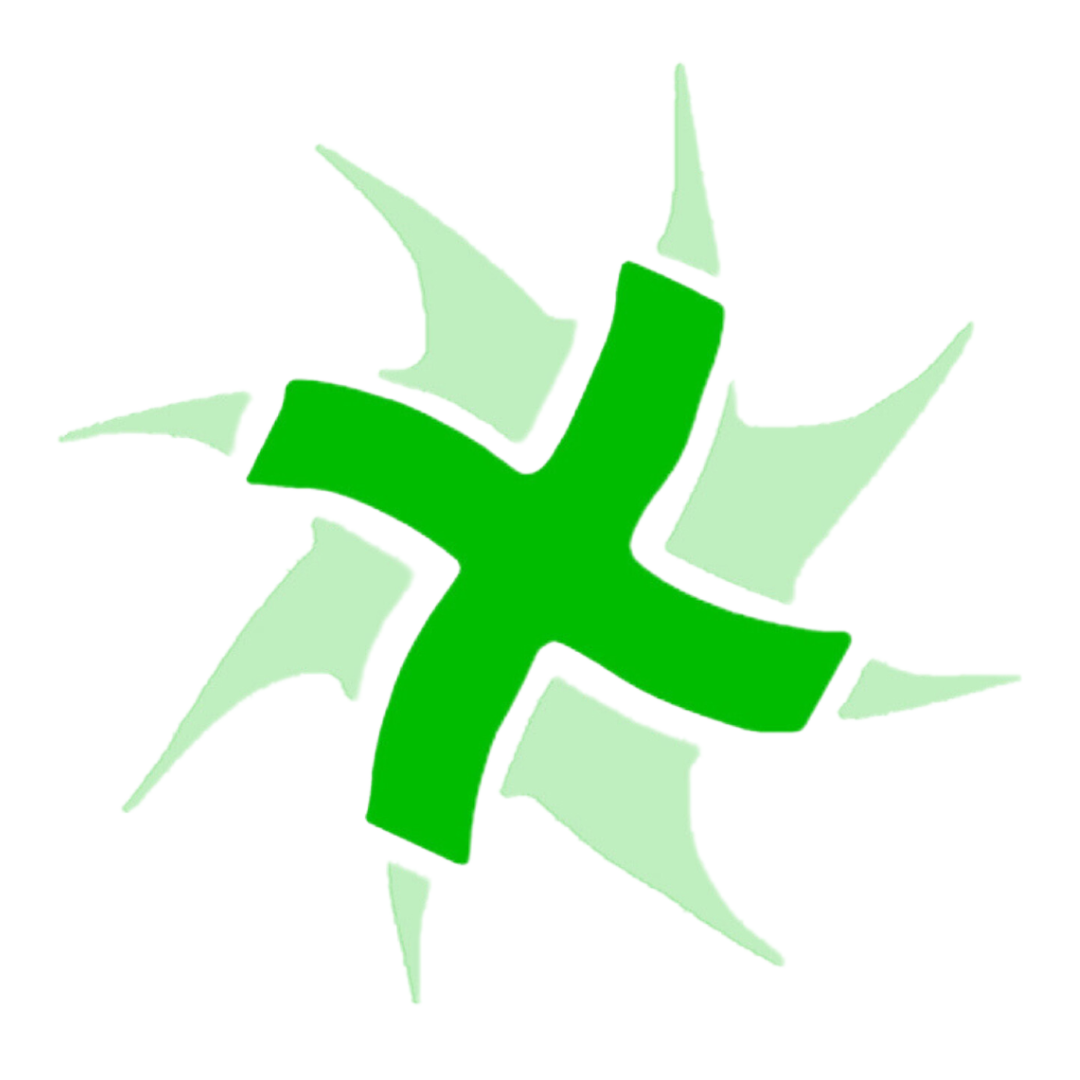FASCIAL MANIPULATION
Frequently Asked Questions.
Fascial Manipulation
- WHAT IS FASCIA
Fascia is a three dimensional continuous matrix of connective tissue that weaves through our body, playing an important role in joint stability, coordination, strength, force distribution and proprioception. Movement is completely dependent upon the cooperation between muscle and fascia.
- WHAT IS FM THERAPY?
FMT is an evidenced based treatment utilised at our clinic to treat musculoskeletal pathologies of the lower back, hip, thigh, knee, Achilles & foot. Manual treatment of the myofascial system at specific anatomical points restores normal glide within tissues which helps to restore pain free function.
- HOW DOES THE TREATMENT WORK?
As mentioned fascia is a vital component of movement which, when in a healthy state, is able to stretch and move without restriction. However when restricted (from trauma, surgery, repetitive movement, stress, immobility etc) this can result in badly tuned movements, causing pain and dysfunction often at a point distant from the source.
Imagine tugging a loose thread on a jumper – that snag causes disruption some distance across the woven piece of clothing. Fascia behaves in much the same way.
For example sciatic pain radiates down from the buttocks into the thigh and in severe cases into the underside of the foot.
A typical approach to treating such pain may include treating sites above and below the actual site of pain. By isolating a specific area of fascia which is connected to a specific limitation of movement the therapist can help restore normal function and eliminate pain within the affected area.
- HOW OUR PODIATRIST ARE TRAINED TO PROVIDE CARE?
Louise Stuart MBE successfully completed FMT training as well as Tom. They have since demonstrated successful outcomes in their patients on a daily basis.
- HOW WAS THE FM (STECCO METHOD) DEVELOPED?
The Stecco Method of FMT has been developing for over 40 years. Many years of clinical experience backed by substantial scientific research have established FMT as a worldwide recognised therapy for treating musculoskeletal pain.
- WHAT BACK & LOWER LIMB CONDITIONS MIGHT RESPOND TO FMT
- Lower back pain
- Sciatic type symptoms
- Knee pain
- Plantar fasciitis
- Pain in and around the ankle
- Sacroiliac pain
- Pain around the hip
- Thigh or leg pain
- Achilles tendinitis
- WHAT CONDITIONS MAY PREVENT THE USE OF FMT?
- Possible or confirmed malignancy
- Those prescribed anticoagulants
- Suspected or confirmed fractures
- Tendon ruptures
- End stage arthritic disease
- Cancer within the last five years
- WHAT DO I NEED TO BRING WITH ME DURING MY APPOINTMENT?
Please ensure that you either bring or arrive wearing a pair of shorts or very loose fitting clothing in which the podiatrist will be able to freely assess your knees and hips.
Please also ensure you bring a full list of any relevant medical history and medication to ensure you are not contraindicated for treatment.
- IS THERE ANYTHING I SHOULD DO PRIOR TO THE APPOINTMENT?
- Please drink plenty of water 24hrs pre appointment (minimum of 1 litre).
- Please do not apply any ice to the affected area 24hrs pre appointment.
- Please do not take anti-inflammatory medication 24hrs pre appointment.
- IS THERE ANYTHING I SHOULD DO AFTER THE APPOINTMENT?
Please drink plenty of water in the 24hrs following your treatment (minimum of 1 litre). Like all tissues, fascia is largely composed of water and therefore it works, moves and feels better when wet.
Please do not apply any ice to the affected area for 2-3days following your treatment.
Please do not take any anti-inflammatory medication for 2-3days following your treatment.
It is also important to keep moving in order to prevent sticky adhesions forming between fascial surfaces.


